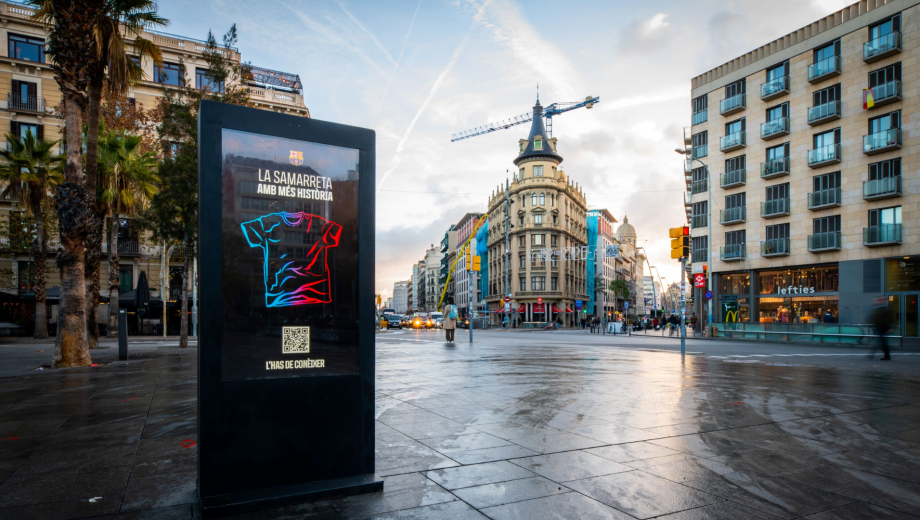EFDN Interview- Yolanda Antin from Barça Foundation
The next EFDN Interview features Yolanda Antin who is Coordinator of Partnerships and Collaborations at Barça Foundation.
Yolanda has been part of the Barça Foundation team since 2009. With more than 20 years of experience, Yolanda formerly worked at the Research Centre for International Health of Barcelona (CRESIB) at the Hospital Clinic of Barcelona after 4 years working at Doctors Without Borders Spain. Yolanda is also the tutor of the internship plans for the students of the different disciplines and universities that do their internships at the Barça Foundation. She holds a BA in Philology, History and Social Policy of the Middle East from the University of Barcelona (Spain), an MA in Philosophy, Religion and Social Policy from the Hebrew University of Jerusalem (Israel) and has also obtained a Postgraduate Degree in Publishing of Scientific Texts by the Pompeu Fabra University of Barcelona (Spain). Yolanda is also trained in Project Management and Human Resources.
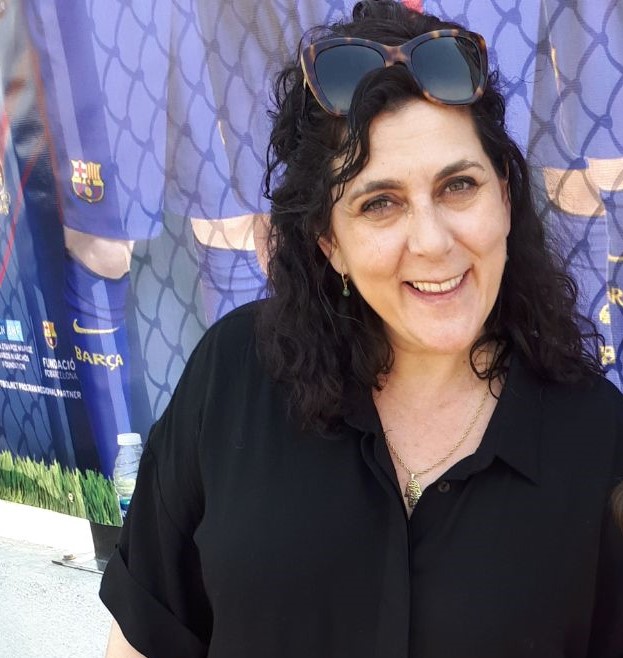
EFDN: What is a typical day in your role like? What do you love the most about working for the club/foundation?
I am mainly focusing on the development of the initiatives and projects with our partners on the different aspects of each partnership (content development, legal framework, communication, etc.) to make the best of our collaborations.
EFDN: What are the main target areas of your foundation?
Since the past three years, the Foundation has a Strategic Plan characterized by three lines of work with an approach that aims to generate social change through sport, to contribute to a more egalitarian and inclusive society. The three strategic lines we work with are: prevention of violence, fight against social exclusion and access to and strengthening of education. These actions are carried out through their own programmes, to develop specific projects to prevent violence, promote social inclusion and education. We also establish alliances; we collaborate with reference institutions to achieve the Sustainable Development Goals (SDGs) and influence changes in public policies.
EFDN: What is the foundation’s most successful programme? Can you please explain in more detail what the project is about, including the projects main aims and objectives and the impact this programme has had, within the community?
We have different programmes around the world, aiming to improve the life of the most vulnerable children and youngsters and to fight inequality. The main objective is to work on their own and their community development, to enhance their soft skills and promote our beneficiaries’ inclusion within their societies.
We have developed our own methodologies: Bullying Prevention, providing new methods for new social challenges affecting children; and FutbolNet, a methodology for social intervention created by the Barça Foundation that uses football and other sports-related activities as tools for reflection and agents of change to improve the lives of children and young people who are in vulnerable contexts.
EFDN: What kind of initiatives are you currently delivering to help to overcome the COVID 19 crisis?
As a response to the non-precedent Covid-19 crisis, all the staff, the management and the board of Barça Foundation have devoted and dedicated their efforts to contribute to the well-being of the people during this pandemic that affects us all.
Some of the initiatives we are working on are:
– Adaptation of our programs to virtual mode: inclusion programs, Meet & Greet of children at hospitals or at home with severe illnesses with Barça players of different sport disciplines, within our pediatric welfare program.
– Donation of protection material for health and community workers.
– Donation of IT devices to help COVID-19 patients to communicate with their beloved ones.
– Support of campaigns and initiatives of our partners and other organisations in our website and our social media channels to increase the answer, means and resources to fight the Covid-19 crisis.
– FC Barcelona hand over Camp Nou Title Right to the Foundation to raise money for the fights against Covid-19.
EFDN: What makes the role of clubs and their foundation’s so important during this crisis?
In my opinion, clubs and foundations of football clubs have shown a solid commitment to local and global communities, and this compromise has become even stronger since the very beginning of the epidemic. We have an additional and differential element, with incalculable value, and it is the hope that we bring to the followers and fans, and to people in general, in this difficult period.
EFDN: How do you stay safe, healthy and fit? Do you have any tips or advice?
Our Foundation and Club have offered advice and tips to all the staff members to stay safe, healthy and fit and I am following them. I keep my working and personal routines, practising sport every day and keeping a healthy diet.
EFDN: What are your (foundation’s) goals for 2020 and the near future?
Barça Foundation goals for 2020 are to continue working to make the world a better place for the most vulnerable children in our society and around the world, using sport as a powerful agent for social development.
EFDN: We believe that Football is #More than Football. Why do you think your foundation is #morethanfootball?
Barça is worldly known to be More than a Club and this motto is for Barça Foundation both our pride and our firm commitment. Thus, we work for those most in need in our world, to improve their lives and inclusion in a more equal and peaceful society.
EFDN: To whom would you like to #passiton too?
I’d like to #passiton to Galder Reguera, CSR Responsible at Fundación Athletic Club.
If you want to know more about Yolanda Antin and her work at Barça Foundation then you can visit her LinkedIn profile.
- Have a look at the other EFDN Interviews and follow #EFDNInterview on Facebook, Twitter, Instagram and LinkedIn for the newest updates.
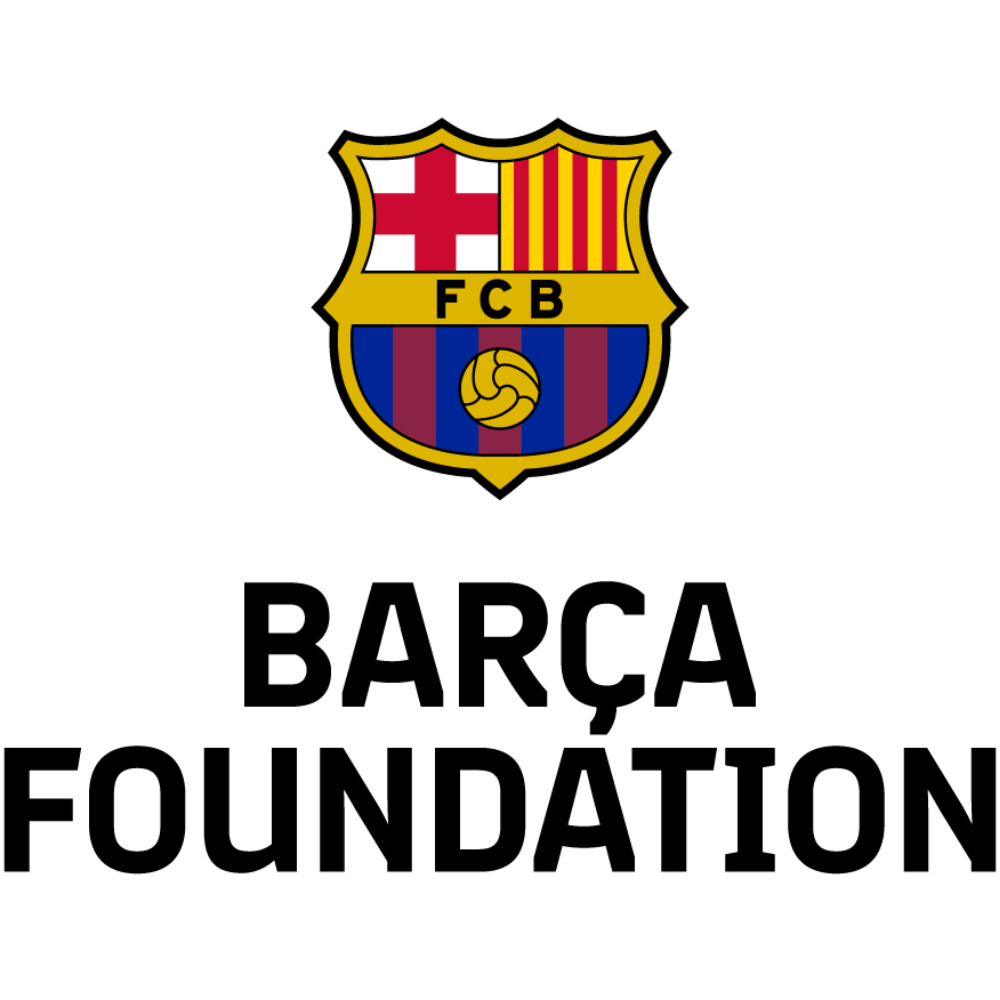
Barça Foundation – Against Bullying

Barça Foundation – For Refugees

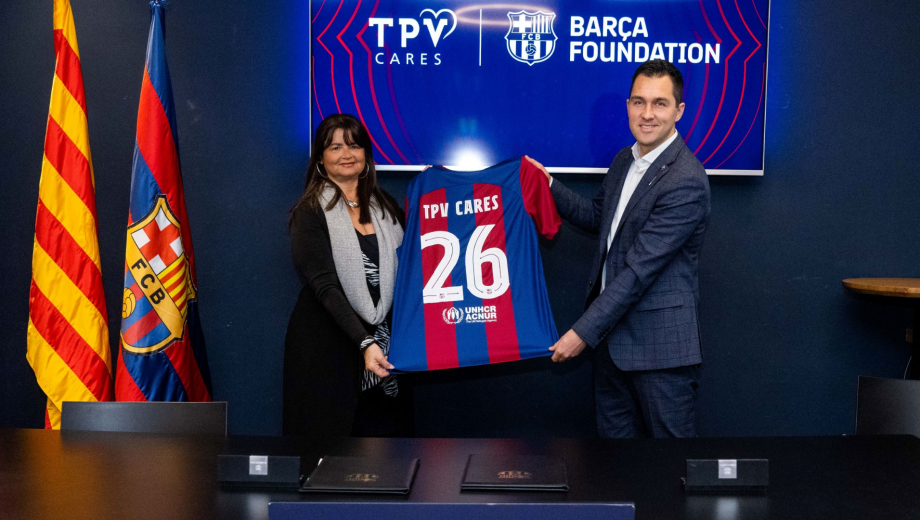
FC Barcelona provides audiovisual technology for vulnerable children with their new partner

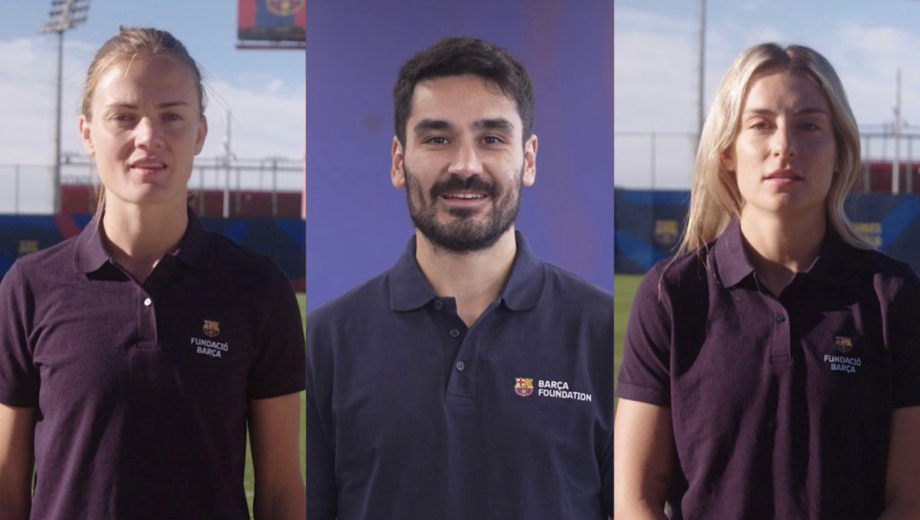
FC Barcelona Foundation has launched a new campaign to raise awareness of its work

